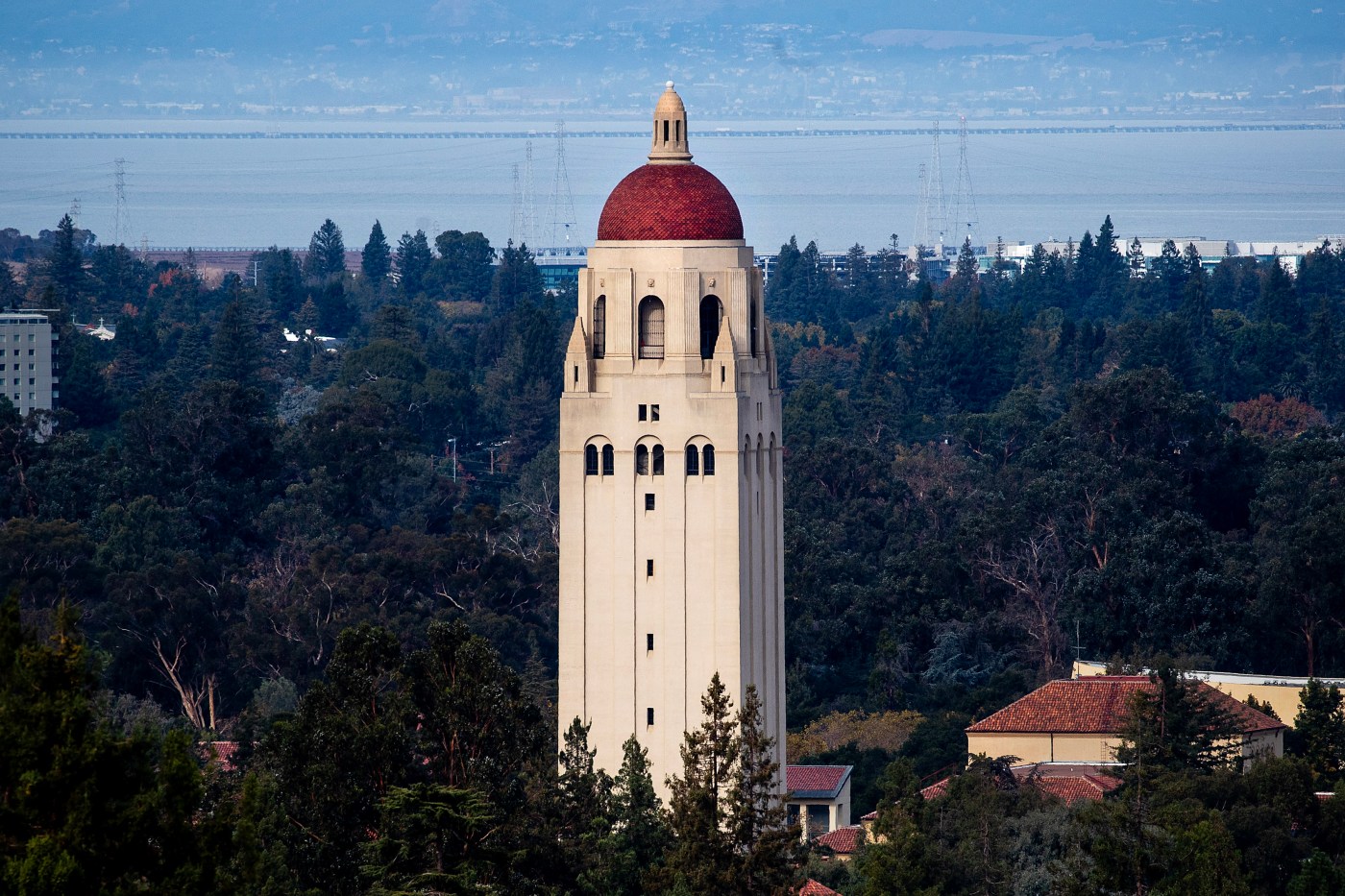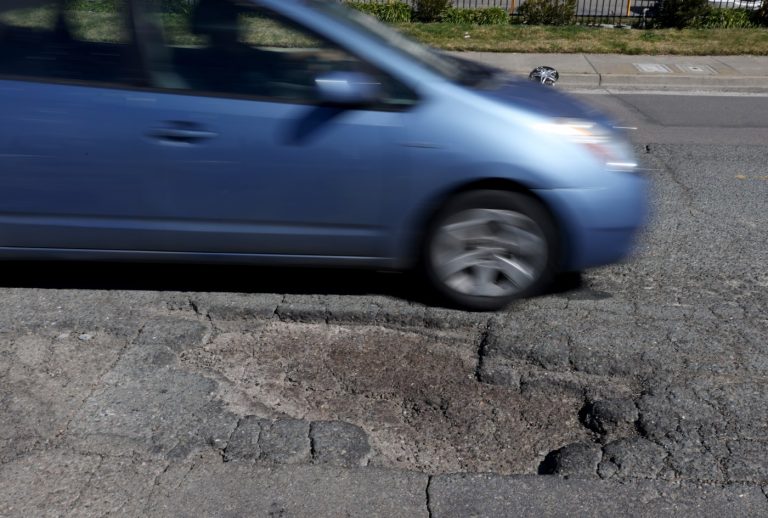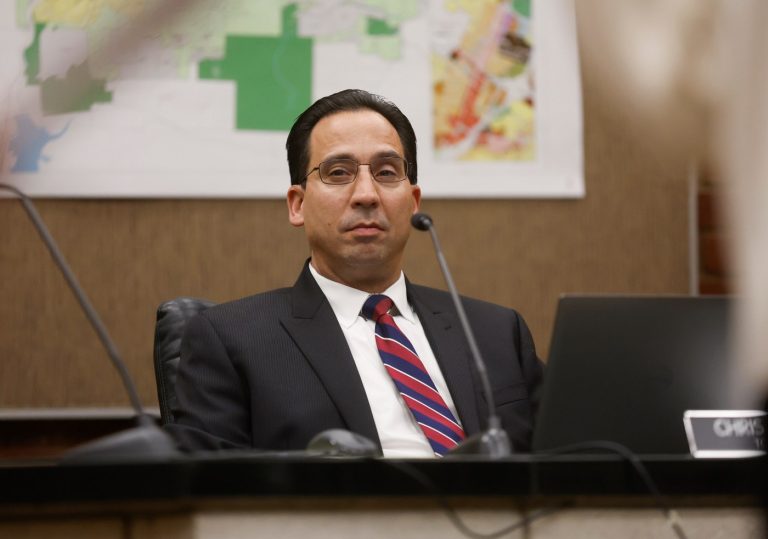Being christened the “School of Sustainability” hasn’t stopped Stanford University administrators in the Doerr School from accepting research funding from fossil fuel companies.
Data collected through a collaborative effort shows Stanford takes money from ConocoPhillips, ExxonMobil, Shell and Chevron. This summer, an internal university committee will release a report examining the matter.
Their conclusion should be clear: Stanford should immediately stop accepting funding from fossil fuel companies. It should divest entirely from those corporations and place strict guardrails on where, when and how to accept research funding from any industry. Failure to do so will only jeopardize the trust Stanford has built in communities affected by environmental injustices.
This is especially true in East Palo Alto, the redlined neighborhood of Belle Haven in Menlo Park, and the unincorporated community of North Fair Oaks. Residents here have long subsidized the university’s existence by providing the cheap service labor and substandard housing that facilitates the underpayment of workers and graduate students. The university’s extractive relationship with local communities has fueled climate disparities, but recently a concerted effort has altered that dynamic.
Our coalition of eight community based organizations works directly with low-income residents and people of color in the neighborhoods surrounding Stanford. Collectively, we’ve begun taking measurable steps to repair historical harms, creating a more just future on the Peninsula. Stanford resources have helped provide disaster preparedness education and emergency kits to hundreds of our residents and air purifiers for 200 local families. The university has also promoted equitable drinking water and housing justice. Students and researchers have volunteered their expertise for chronically understaffed local nonprofits.
These blossoming partnerships have not sprouted overnight — the seeds of trust have been diligently watered by caring officials at the Haas Center for Public Service, the Office of Community Engagement, and professors inside and outside the Doerr School.
In partnering with Stanford, we have willingly staked our reputations to the university because we recognize the tremendous potential. Nevertheless, our first commitment is to our communities. That brings a responsibility to hold our partners accountable. Accepting funding from those responsible for the climate impacts hurting our residents’ health will fracture trust, upend the painstaking work of university representatives, and jeopardize the validity of Stanford’s research for an inconsequential sum of money.
Stanford’s unwarranted austerity mindset is the root of the problem. They’ve enlisted committees, chairpeople and rules of order to grapple with the moral quandary of accepting what amounts to pennies in the context of a $36.5 billion dollar endowment. While there are many prudent reasons to supplement a funding pool equal to the GDP of Honduras, none of them can justify hoarding monumental wealth in an area defined by shocking inequality. If Stanford directly invested the money they received from polluters to address climate harms and reduce inequality in our communities, accepting that funding might be more defensible. That is not the case.
Related Articles
Is higher education worth the cost? New study says it depends on the school
Stanford to further cement VanDerveer’s legacy at Maples Pavilion
How Saint Mary’s men, Stanford women made it to college rugby finals
‘Do not engage’: As violence erupts elsewhere, Bay Area campuses keep a fragile peace
Gaza war protests erupt in violence, chaos at some U.S. campuses but remain peaceful in Bay Area
Let’s be clear: Stanford has more than enough money to fund groundbreaking research, provide workers excellent wages, fully finance the education of students, and invest transformatively in the communities it relies on — without accepting oil-soaked money.
Our eight organizations alongside community members in East Palo Alto, Belle Haven and North Fair Oaks recognize the clear incongruity of a Sustainability School funded by polluters. Breaking free of self-imposed penny pinching will strengthen relationships with community organizations and unleash truly liberatory resources, improving the livelihoods of our most vulnerable residents and distinguishing the university as a leader among peers. Stanford has made real progress in community engagement; it would be a shame to compromise long-sought and hard-earned trust for money it simply does not need.
Cade Cannedy is director of programs and Violet Wulf-Saena is founder and executive director at Climate Resilient Communities.












